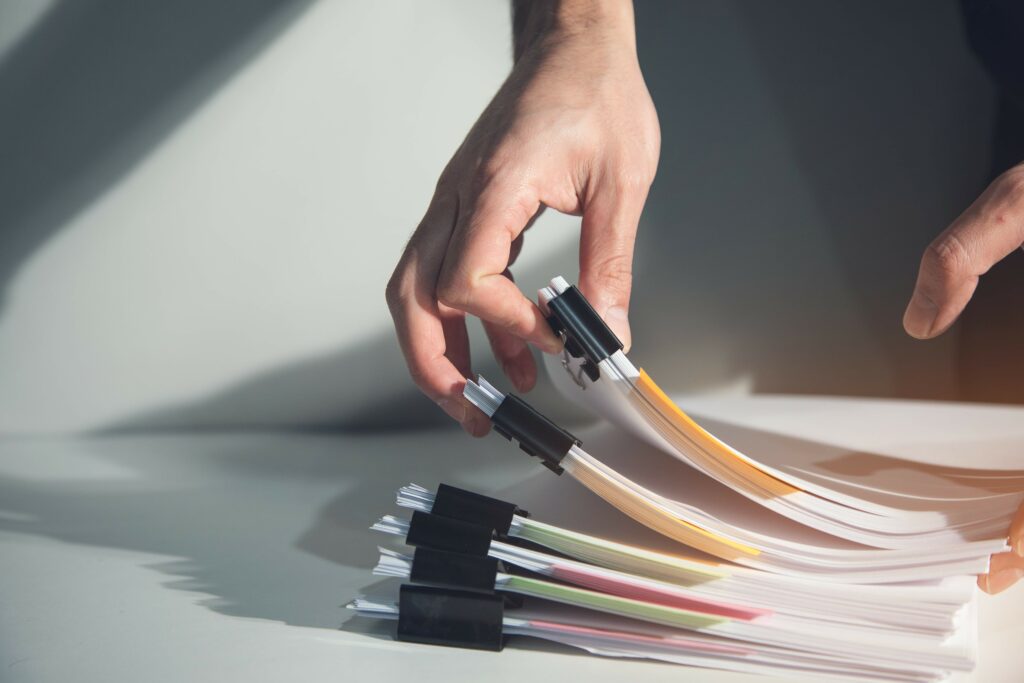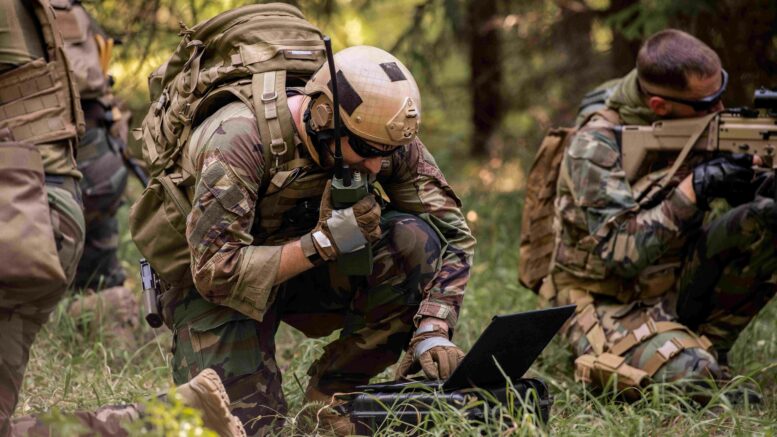For manufacturers bidding on U.S. military contracts, Berry Compliance is the gold standard. It’s often a requirement, and for good reason, it helps ensure critical gear and textiles are sourced from within the United States.
But what happens when full compliance isn’t possible? That’s where Berry Amendment exceptions come into play.
In this guide, we’ll explain how exceptions work, when they apply, and how to navigate the approval process without putting your bid at risk. We’ll also share best practices for protecting your credibility and competitiveness when requesting one.
📘 Need a refresher on what Berry Compliance means? Start with Berry Compliant vs. Made in USA: What Contractors Need to Know.
What Are Berry Amendment Exceptions?
Berry Amendment exceptions (also called exemptions) allow non-domestic materials to be used in Department of Defense (DoD) contracts, but only under strict, documented conditions.
These exceptions exist because not every material or component is manufactured in the U.S. Without them, some military procurement projects would stall due to supply limitations.

However, an exception is not a pass on compliance. It’s a formal, approved acknowledgment that a specific part of your product cannot be sourced domestically and it must be supported with clear documentation.
Valid Reasons for Requesting an Exception
Contractors can request an exception if they can prove that domestic sourcing is either:
- Impossible: No U.S.-based manufacturer produces the required item or material.
- Operationally impractical: Urgency or field requirements make domestic sourcing infeasible.
- Technologically limiting: The needed performance standards or specifications can only be met by non-U.S. materials.
These exceptions are evaluated on a case-by-case basis. They cannot be used for cost-saving purposes or convenience.
How the Exception Request Process Works
If you believe an exception is necessary, here’s how to proceed:
1. Identify the Contracting Authority
Every exception request starts with the contracting officer tied to your procurement opportunity.
2. Conduct a Domestic Availability Assessment
You’ll need to prove you’ve made a good-faith effort to source domestically. That means outreach, research, and vendor documentation.
3. Prepare a Justification Letter
This document explains why no U.S. alternative exists, and why your product needs the exception. It must be detailed and fact-based.
4. Submit to the Contracting Officer
Once submitted, your request will be reviewed internally. In some cases, it may be elevated to a higher agency level for further validation.
5. Wait for Written Approval
Do not move forward with non-compliant sourcing until the exemption is formally approved.
This process can take several days or weeks, depending on contract urgency and agency protocols.
Why Unwarranted Exceptions Can Hurt Your Bid
Requesting an exception that isn’t fully justified can backfire. Here’s how:
- You may lose the contract: If another bidder finds a compliant supplier, their bid will be favored.
- You could face a protest: Competing vendors may challenge your claim if they know a domestic source exists.
- You risk losing credibility: A history of poorly justified exceptions can damage your reputation with procurement officers.
In a competitive bidding environment, compliance isn’t just a checkbox, it’s a competitive edge.
Even Valid Exceptions Can Hurt Your Chances
Let’s say you request an exemption for imported webbing in a DoD plate carrier contract. If another bidder sources fully compliant materials, even at a higher cost, they’re likely to win the contract over you.
The government is obligated to favor full Berry compliance whenever available. That’s why you should view exceptions as a fallback option, not a bid strategy.
Best Practices for Requesting a Berry Amendment Exception
If you do pursue an exemption, here’s how to improve your chances of success while protecting your bid:
✔ Document Everything
Track supplier communications, availability research, technical specs, and prior sourcing attempts.
✔ Be Transparent
Maintain open communication with the contracting officer from the beginning. Surprises raise red flags.
✔ Know the Market
Partner with manufacturers who have deep experience in Berry sourcing. They may uncover compliant alternatives you hadn’t considered.
✔ Have a Backup Plan
If a compliant supplier becomes available during the approval process, be ready to shift your approach.
How Fieldtex Helps You Navigate Exemptions and Avoid Them
At Fieldtex, we manufacture Berry-compliant sewn goods for military and defense clients across the country. But we also understand that exceptions are sometimes unavoidable.
When our clients face potential sourcing gaps, we:
- Evaluate whether an exception is truly necessary
- Help gather documentation for approval
- Work our supplier network to identify domestic alternatives whenever possible
- Advise on timing and communication strategy to support your bid
We don’t just build the product, we help you protect the contract.
Use Caution, Use Documentation, Use Expertise
Berry Amendment exceptions serve an important purpose, but they carry real risk. If you’re considering one, make sure it’s well-documented, strategically sound, and absolutely necessary.
Always prioritize compliance when possible. And when it isn’t, make sure you’re not navigating the process alone.
Need help evaluating an exemption request or finding domestic materials?
Contact Fieldtex and talk to a sourcing expert.

